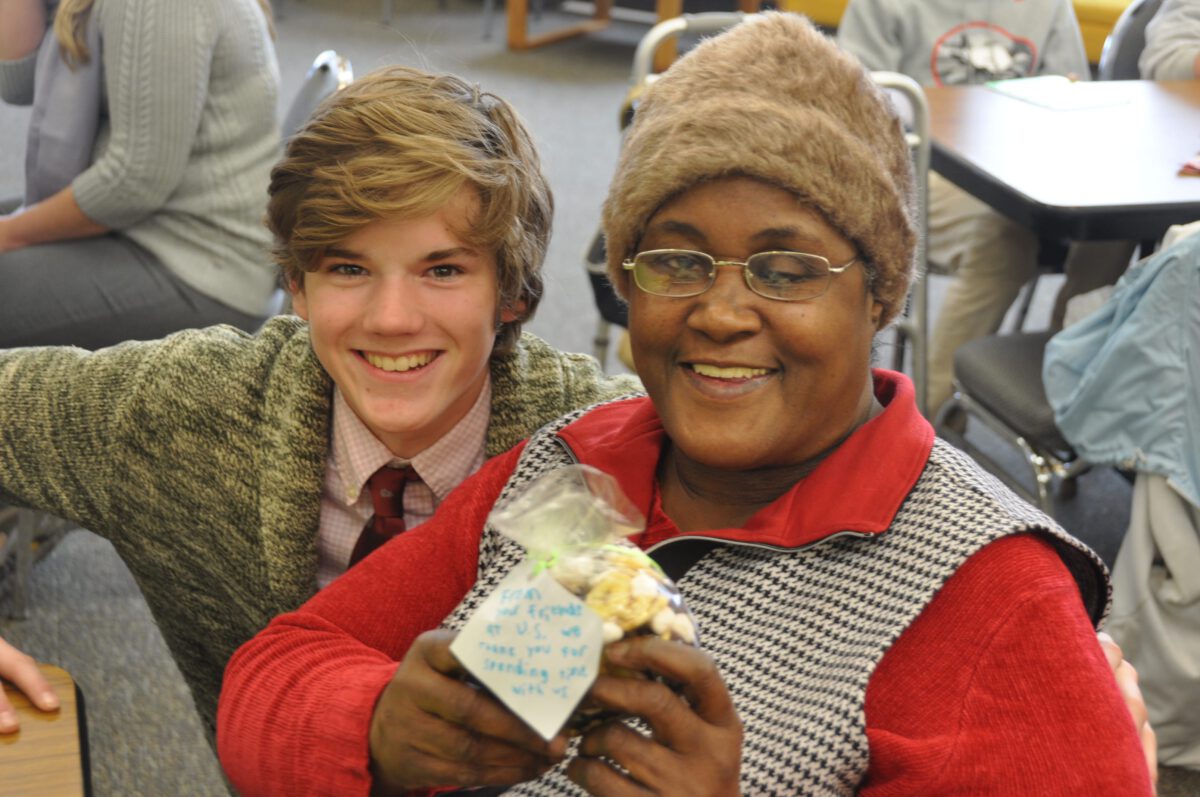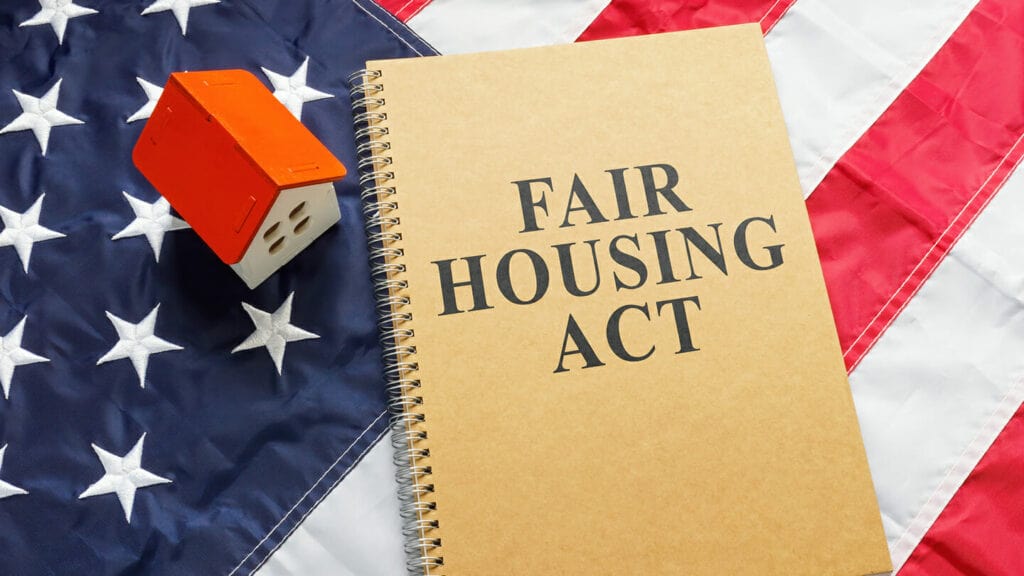Understanding the Impact of the Older Americans Act
May marks a significant celebration for the nation’s older adults—Older Americans Month. This yearly observance, established in 1963, is more than just a month-long recognition; it’s a celebration of the invaluable contributions and wisdom of older Americans, as well as a commitment to improving their quality of life through important services.
The Role of Older Americans Programs
The Older Americans Act (OAA) is a cornerstone legislation that has been instrumental in providing these essential services to older adults across the country. Programs funded under the OAA address various aspects of well-being, and recognize that caregivers play a key part in keeping their loved ones healthy and supported. OAA programs include nutrition services, caregiver support, physical and mental health promotion, transportation assistance, elder abuse prevention and so much more. These programs work together to keep older adults healthy, independent and engaged within their communities.
How to Get Involved in Advocacy Efforts
While Older Americans Month offers a platform to celebrate older adults, it also serves as a reminder of the ongoing advocacy needed to ensure that these vital programs continue to receive the funding and attention they deserve. As our population ages and faces new challenges, such as the effects of the COVID-19 pandemic and staffing shortages in healthcare settings, the importance of supporting older adults has become more evident for all generations.
Advocacy for older Americans can take various forms, and everyone, regardless of age, can contribute to making a difference. Here are some ways you can get involved:
- Educate Yourself: Understanding the issues facing older adults is the first step in effective advocacy. Listen to the voices and concerns of older adults and caregivers in your various communities, and pay attention to how the local, state and federal government respond. Stay informed about the Older Americans Act, its programs and the status of funding.
- Join Advocacy Groups: Many organizations focus on elder advocacy, such as AARP, the National Council on Aging, and local senior centers. Election season may also bring about new opportunities to participate in advocacy campaigns and legislative efforts.
- Contact Your Representatives: Reach out to your elected officials to express your support for funding and policies that benefit older Americans. Attending town hall meetings can also help you put issues directly in front of local decision makers.
- Raise Awareness: Harness social media, op-eds and local forums to raise awareness about Older Americans Month and the issues affecting older adults and caregivers. Many caregivers don’t talk about their caregiving struggles among friends or at work the way child caregivers do, but staying silent can contribute to important issues going unrecognized. Speak up about your experiences, and elevate the voices of others.
- Volunteer: Many organizations that serve older adults rely on the support of volunteers to deliver services. By volunteering your time, you can make a direct impact on the lives of older adults in your community.
This May, let’s come together to celebrate Older Americans Month and commit to making a lasting difference in the lives of older adults!







